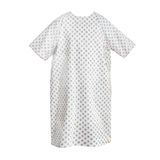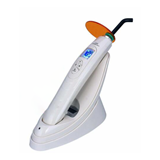Researchers from The UQ found night sweats and hot flushes were common medical symptoms associated with menopause, however risk factors influenced if women developed both symptoms or just one.
Dr Gerrie-Cor Herber-Gast from UQ's School of Population Health and her fellow researchers studied the symptoms of more than 10,000 Australian women aged between 45 and 50 years and investigated the social, lifestyle and reproductive history risk factors behind night sweats and hot flushes.
Highly educated women were found less likely to experience either symptom while women who gained weight, smoked, drank at risky levels, or had menstrual problems were more likely to experience both night sweats and hot flushes.
"One of the study's most interesting findings is women who were current smokers or had diabetes were more likely to have night sweats, but were not at increased risk of hot flushes," Dr Herber-Gast said.
"While further study is needed, this may be explained by a number of reasons, including differing perceptions of the intensity of night sweating by smokers and women with diabetes.
"Women with diabetes may experience increased night sweats because of the low glucose levels during the night."
Although other studies have documented the factors associated with both symptoms, until now very little is known about the risk factors for the two symptoms separately.
"Most previous risk factor studies have focused on hot flushes or have combined both symptoms into one outcome," Dr Herber-Gast said.
"Determining the risk factors for these symptoms separately may help clarify their causes, help us identify who is at high risk of developing these symptoms and allow for early intervention to avoid or treat them."
The paper will be published in the September 2013 print edition of Menopause.













